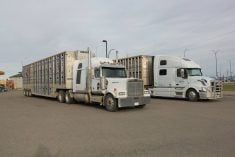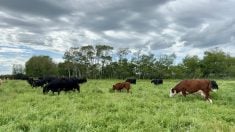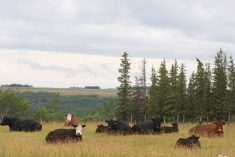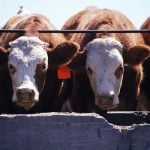Over the summer there has been no shortage of issues for the Canadian cattle industry. On the market access front, Canada reached a science-based technical agreement with South Korea towards restoring access for Canadian beef, the first sign of meaningful progress on this file in eight years. Advocacy efforts for a resolution to country-of-origin labelling in the U.S. continued, and as usual, a number of regulatory issues required attention. We also saw areas of southeastern Saskatchewan and Manitoba impacted by severe flooding, particularly around Lake Manitoba, in what has been described as a one-in-300-year flooding event. The Canadian Cattlemen’s Association (CCA) helps to address these and other important issues through influencing regulation and policy on behalf of cattle producers.
Read Also
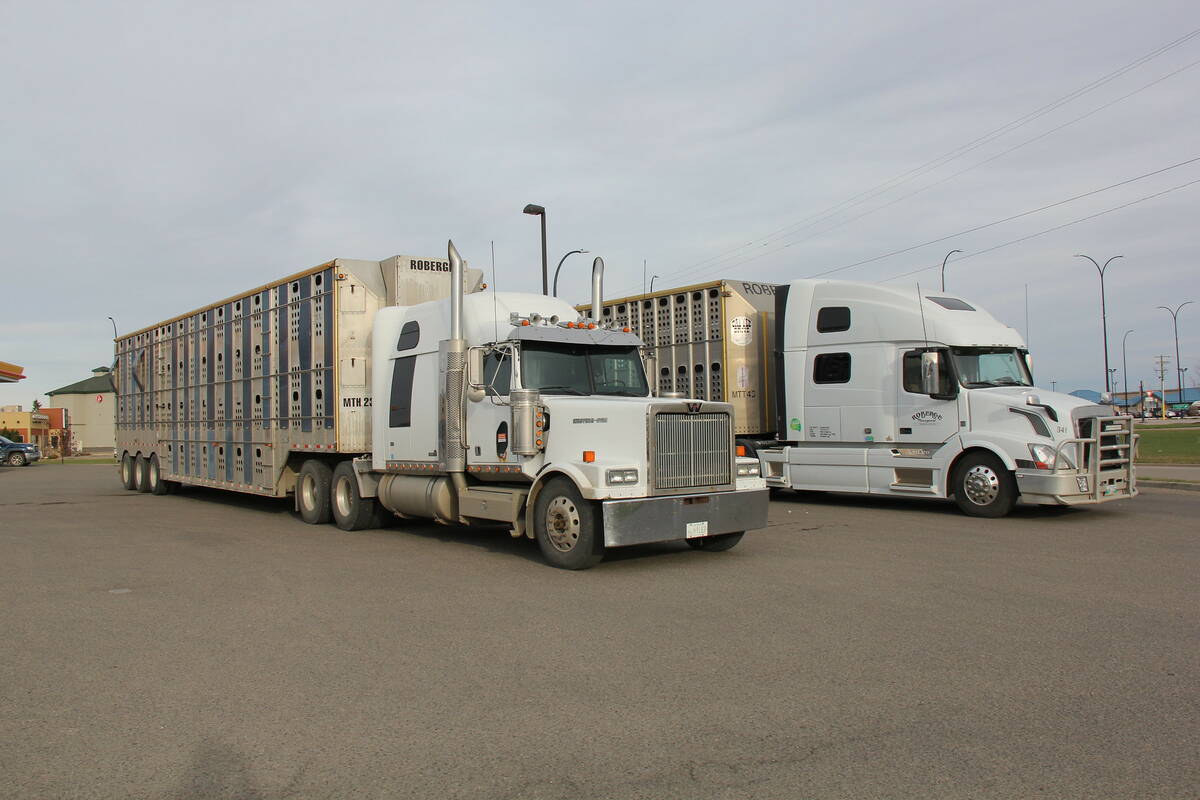
Research shows rest stops of no benefit to feeder calves during long hauls
Three Canadian transport trials showed that providing a rest stop during long-distance transport provided no clear or consistent benefits for the health or welfare of feeder calves.
In July, the CCA attended the annual summer meeting of federal, provincial and territorial (FPT) ministers of agriculture in Saint Andrews, New Brunswick. During a roundtable discussion, the CCA made clear the three priorities for agriculture in Canada need to be creating value for producers, improving the competitiveness of our regulatory environment and becoming a world leader in market access.
We spoke about the need to improve on research at both levels of government and took the opportunity to discuss several important issues with all the ag ministers and deputy ministers present. These included the flooding in Manitoba and the responses there both short-term and long-term, the opportunity presented by the Canada- EU trade talks, and the potential next steps once the World Trade Organization’s (WTO) ruling on mandatory country-of-origin labelling (COOL) is made public.
While every market access gain is welcome for Canada’s beef cattle industry, South Korea in particular is a lucrative market for Canadian beef and demand there helps to maximize the value of each animal. Canada has agreed to suspend the WTO case now that Korea has begun its rule-making process. However, Korea has several procedural steps to complete in the technical agreement before Canadian exports of under-30-month beef can flow. We will be following Korea’s progress closely and will advise our Government to ask that the case be reinstated if it appears Korea is not proceeding in good faith.
The breakthrough agreement represents a return of Canadian beef to all key Asian markets, as South Korea is the last market to maintain a trade ban imposed nearly a decade ago. The agreement, reached outside of the WTO Dispute Settlement Panel proceedings, is estimated to be worth $30 million by 2015 to the Canadian beef industry.
With South Korea working to resolve market access issues, finalizing the Canada-Korea Free Trade Agreement (FTA) has become a high priority for the CCA. Moving towards a beneficial FTA that will help both sides in this issue is the intent.
A Canada-Korea FTA would help Korea, which imports more than 70 per cent of its food, feed its population of 48 million and provide Canada with another consumer for its agricultural products including beef. The Canada-South Korea FTA is worth $750 million overall to Canadian agricultural producers.
Canada and South Korea launched negotiations towards an FTA in 2005. Talks ceased in March 2008 due to challenges in a number of areas including agriculture. In the interim, South Korea signed FTAs with several countries, including the European Union and the United States, both direct competitors with Canada.
Korea maintains a 40 per cent tariff on beef products. Under the Korea-U. S. FTA, Korea will phase out beef tariffs for U.S. exporters over 15 years. A Canada-Korea FTA and the elimination of BSE restrictions could drive $190 million in Canadian beef exports and give Canada an advantage over competitors like Mexico, New Zealand and Australia which are also negotiating FTA’s with Korea.
The CCA commends Federal Agriculture Minister Gerry Ritz for his tireless efforts on this file. Minister Ritz twice travelled to South Korea to underscore Canada’s controlled risk BSE status by the World Organisation for Animal Health (OIE) and the control systems Canada has in place. The CCA travelled with Minister Ritz in a support role on a mission to Asia in 2009.
The CCA will continue to urge the Government of Canada to act quickly to resume FTA negotiations with South Korea. We will also continue to work on the many pressing files impacting our industry to assure reasonable outcomes on behalf of Canada’s beef cattle producers.
The CCA has been active in Washington discussing a resolution to the COOL issue that is before the WTO. A preliminary confidential report has been issued by the WTO to the governments of the U.S., Mexico and Canada, with the final report due at the end of July. We will be very engaged on this issue in the coming months.
Also this summer, the Beef InfoXchange System (BIXS) began a phased launch to cow-calf producers. This first of three planned launch stages will see a limited number of beef producers register, log-on and submit their individual animal data to BIXS. This strategic approach enables system functionality to be tested in real-time and identify and remedy any technical issues prior to a full-scale roll-out of the system to cow-calf producers across Canada this fall. The BIXS program has the potential to provide incredible value to the long-term competitiveness of the Canadian cattle industry.
———
TravisToews ispresidentof theCanadian Cattlemen’s Association


